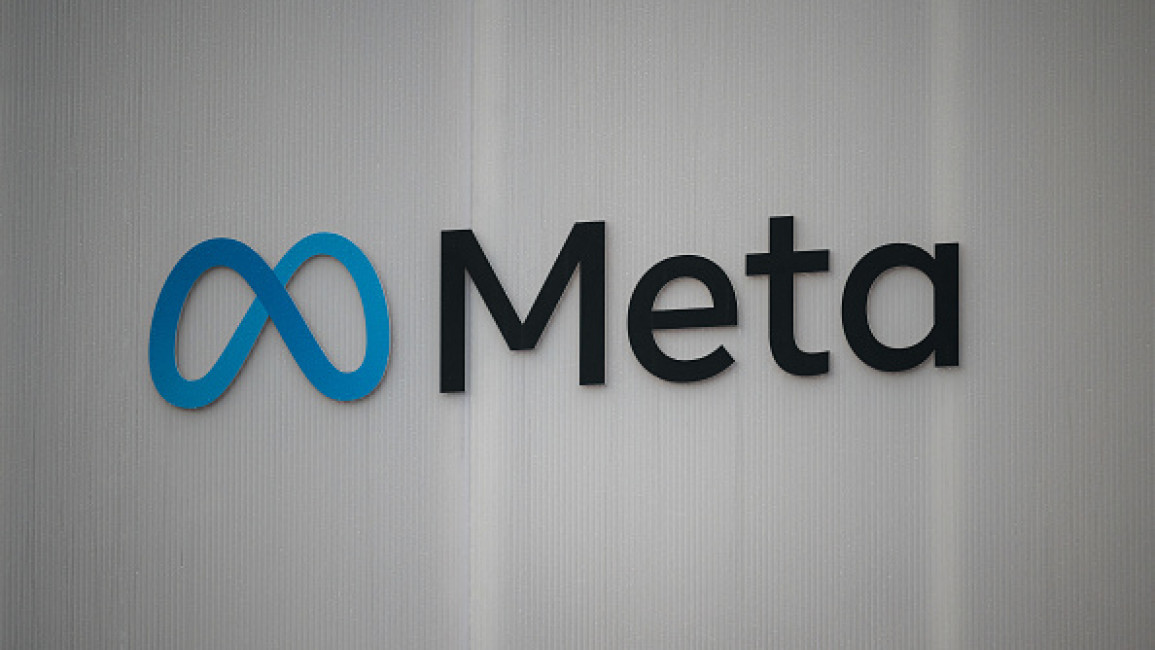Rights group call on Meta to step up LGBT+ protections in MENA region
A coalition of rights groups launched a campaign – #SecureOurSocials – on Tuesday, 23 January, calling on social media giant Meta to strengthen protections for LGBT+ people in the Middle East and North Africa (MENA), citing past persecution of LGBT+ users in the region.
The coalition, which included Human Rights Watch (HRW), Helem and the Social Media Exchange, asked Meta to be more transparent and consistent in its content moderation policies and "embed the human rights of LGBT+ people at the core of its platform design."
Meta operates Facebook, Instagram, and WhatsApp, some of the region's most popular social media platforms.
"When LGBT people, who already face insecurity offline, use Facebook and Instagram for connection and organising, they deserve certainty that Meta is doing everything in its power to ensure their security," Rasha Younes, acting LGBT rights deputy director at HRW, said.
HRW had previously reported that LGBT+ users in the MENA had been harassed, had their sexual and gender identities involuntarily revealed, and were abused on Meta platforms.
As a result, LGBT+ people lost their jobs, were subjected to familial violence and were forced to flee their homes and even their countries.
The rights organisation also examined the use of digital targeting by security forces in five MENA countries – Egypt, Iraq, Jordan, Lebanon and Tunisia. It found that security agencies used social media to entrap and harass LGBT+ people, as well as to assemble cases for their later prosecution.
Online targeting of LGBT+ people is an extension of authorities' attitude and de-facto policies towards these populations offline in many MENA countries. LGBT+ individuals often face persecution in these countries, particularly those who are involved in civil society.
In Jordan, intelligence and security services allegedly harassed LGBT+ activists and subjected them to arbitrary arrest and forced them to seek asylum abroad. There are no laws against homosexuality in Jordan.
The campaign asked for Meta to apply its content moderation policies more consistently, citing instances where anti-LGBT content was allowed to stay up on its platform despite being reported.
It also asked that it develop a "rapid response mechanism" operated by human staff with regional and linguistic expertise for LGBT-specific complaints in regions where individuals could be at risk.
HRW said that the social media company's current reliance on automation "undermines its ability to moderate content in a manner that is transparent and lacking bias."
Meta has come under fire since the beginning of Israel's military operation in Gaza on 7 October for what rights organisations have said are content moderation policies that are biased against pro-Palestinian content.
On 19 December, the Oversight Board, an independent auditing body of Meta, criticised the social media titan for removing posts that showed human suffering in Gaza.



